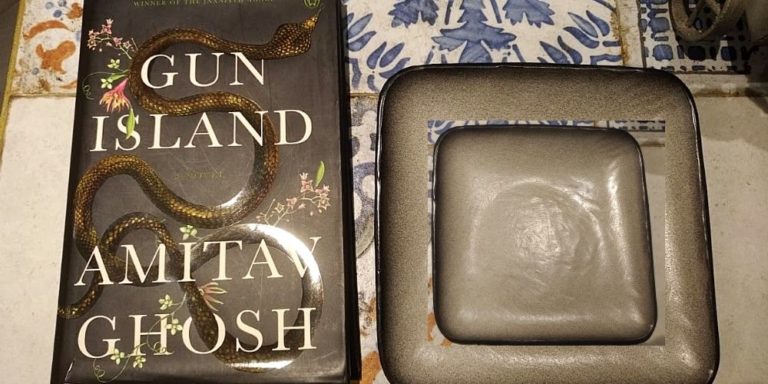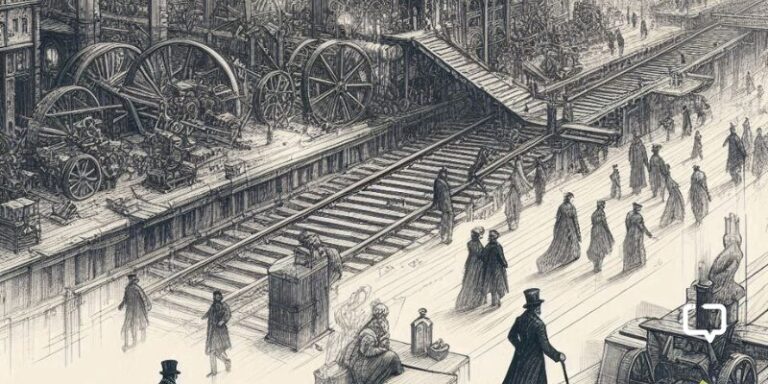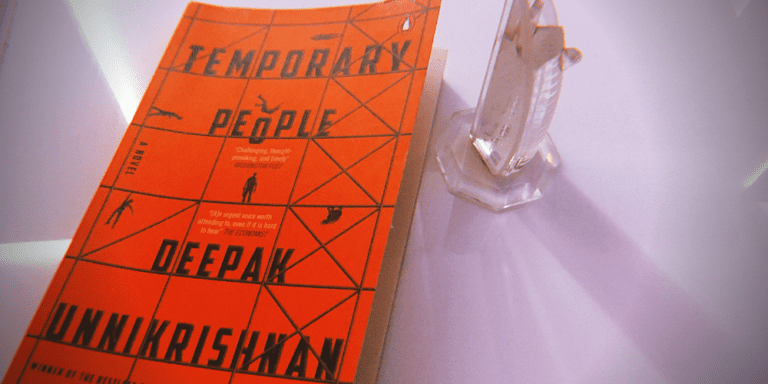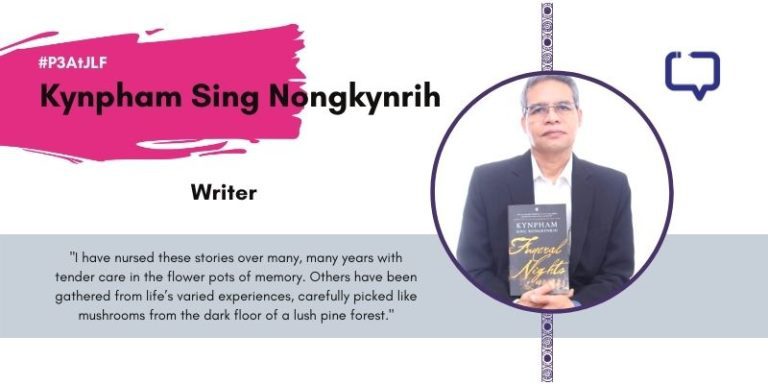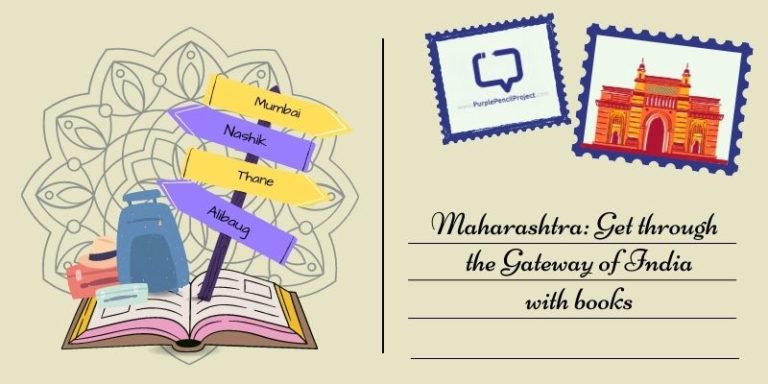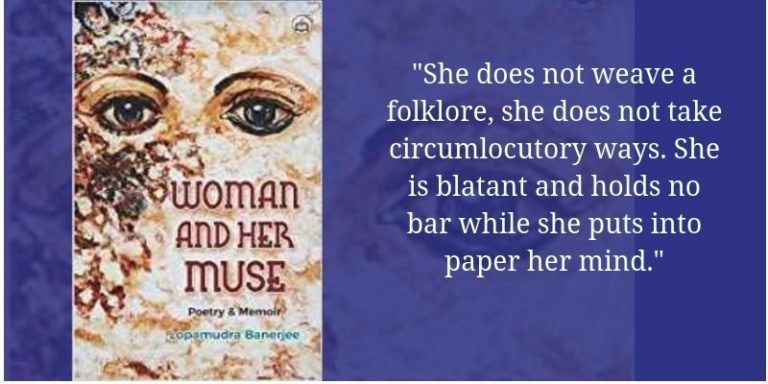We encourage you to buy books from a local bookstore. If that is not possible, please use the links on the page and support us. Thank you.
Anuk Arudpragasam’s A Passage North is an attempt to come to terms with a long war that destroys generations before it ends, leaving behind wounds that refuse to heal. Wounds in the lives of people who lost their loved ones, who can’t seem to move forward in time because that would mean leaving behind their sons, husbands, and daughters who were taken away from them.
A Passage North is a spectacle of masterful and intimate storytelling, which at times resembles a companion confiding in the reader their deepest fears and secrets, admitting all things unsaid about the nature of life, love, freedom, and war. The text is a deep meditation, the motive of which is not to impress but rather to build a world of shared knowledge and intimacies somewhere between the author’s imagination and the reader’s understanding and interpretation.
Plot Points of A Passage North
A Passage North begins with a telephone call that informs Krishan about the death of his grandmother’s caretaker, Rani. The news of Rani’s sudden death compels Krishan to consider not only the circumstances of Rani’s death but also to take a look at his own life, his journey and its purpose. He decides to travel from Colomba to Rani’s village in northern Sri Lanka for her funeral.
Rani embodies the pain and suffering the Sri Lankan Civil War inflicted on civilians, the families it displaced and the lives it ended mercilessly and abruptly. Rani lost her two sons to the war, a loss she never recovered from, the devastation of which caused her mental deterioration to the point of needing electro-shock therapy. No form of treatment and rehabilitation was enough to heal her trauma. Rani had come to live in Colombo as Appamma’s caretaker after having spent most of her life in the Tiger-controlled North. She comes to live in an urban setup that reflects the power of the Sri Lankan government against which so many people she knew died fighting.
A Young Man’s Journey Home
In the protagonist, we meet a young man, Krishan, who has seen Sri Lanka’s Civil War in detail, albeit from the distance of digital screens and the internet. Krishan is horrified by these, which prompts him to seek a new purpose, something larger than life, to submit and devote himself to. He feels guilty for having been spared from the war. He returns to the Sri Lankan north as an activist to work for a non-profit, hoping to bring some dramatic change in rebuilding lives. The desire for an imagined purpose and a longing for a beautiful homeland healing from the devastation of the war drives Krishan.
Perhaps it was not just images of beauty that clouded one’s vision over time but images of violence too, those moments of violence that were for some people were just as much a part of life as the moments of beauty, both kinds of image appearing when we least expected it and both continuing to haunt us thereafter, both of which marked and branded us, limiting how far we were subsequently able to see.
Krishan’s motivations are driven by guilt, and he projects his own imagined ideas and fantasies of healing onto his work. He fails to bring the change he desires – and he confronts the fact that healing takes time and maybe some wounds can never heal. In Krishan’s journey, the reader confronts their own purpose and existence. Arudpragasam’s deeply reflective writing prompts the reader to introspect and reconsider. The author uses seemingly insignificant instances from Krishan’s experiences and encounters to paint a picture of the socio-political spaces his characters occupy.
A Little Bump, and Then…
We also learn about Anjum, an activist Krishan is in love with. The peculiar dynamics of Krishan’s relationship with Anjum evoke a sense of anxiety and frustration for the reader. The relationship is riddled with doubts and conflicts. Krishan tries to find reassurance in his relationship with Anjum but is unable to do so. This near-cliched turn of events gives rise to drawn-out, repetitive, and exhausting prose, which, to the reader’s relief, ends soon.
But the narrative quickly recovers and trots along with immersive and philosophical writing that surprises readers with meticulous observations about little things that set the cultural scene, such as observing men and misogyny in Delhi and the abusive and controlling interactions that South Asian parents have with their children.
Best Quotes from A Passage North
“We experience, while still young, our most thoroughly felt desires as a kind of horizon, see life as divided into what lies on this side of that horizon and what lies on the other, as if we only had to reach that horizon and fall into it in order for everything to change, in order to once and for all transcend the world as we have known it, though in the end this transcendence never actually comes, of course, a fact one began to appreciate only as one got older, when one realized there was always more life on the other side of desire’s completion, that there was always waking up, working, eating, and sleeping, the slow passing of time that never ends, when one realized that one can never truly touch the horizon because life always goes on, because each moment bleeds into the next and whatever one considered the horizon of one’s life turns out always to be yet another piece of earth.”
Civilians who know the distinct sound each and every airborne weapon makes, asylum seekers who have experienced untold amounts of violence trying to escape Sri Lankan north in dilapidated fishing boats, and wealthy nations funding advertisements worth tens of thousands of dollars to inform those war refugees that they would not be welcome, trying to keep them out systematically, the horrifying acts of torture done to separatist political leaders, young women who join the Tigers to execute suicide missions after suffering rape and violence by the Sri Lankan and Indian armies – Arudpragasam captures the war in a capacity that is absolutely devastating.
The End
In an immersive reading experience, A Passage North chronicles the physical and psychic distance Krishan traverses as he comes to terms with the psychological and socio-political ramifications of the civil war, in the end, embracing Rani’s death as the only possible means of extinction of her painful memories and trauma of the war. The author’s poignant and masterful writing demands that the reader be patient because an entire world of meditative prose and beautiful landscapes lies ahead. A Passage North is Anuk Arudpragasam’s hypnotic and moving tribute to the people and the soul of the Northern Province of Sri Lanka.











